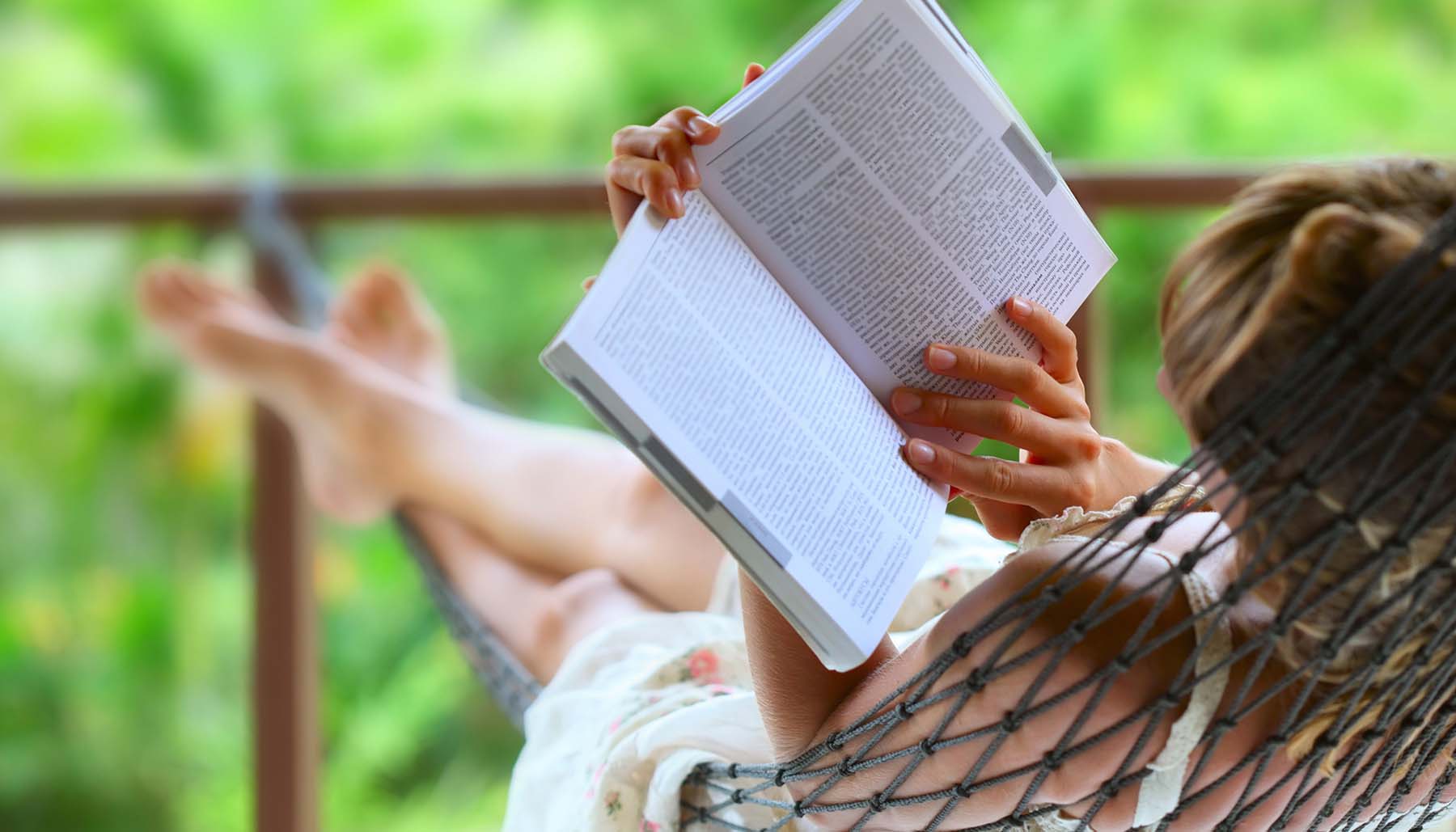A good book will keep you engaged, but a great book might change your life. With fiction and nonfiction, you can always return to true masterpieces and find something new that speaks to where you’re at in this moment. The problem is, there’s only so much time in the day and more books left to read than most of us will get to in this lifetime.
Since time is of the essence, let’s get choosy for a second. Each book on this list brings something different to the shelf, but they’re all driven by ideas of growth, womanhood, and finding the inner strength that was within us all along.
No matter your age, I’d recommend reading these works at least once, but especially if you’re on the precipice of the big 3-0. Here are 10 books every woman should read before turning 30.
Beloved, Toni Morrison
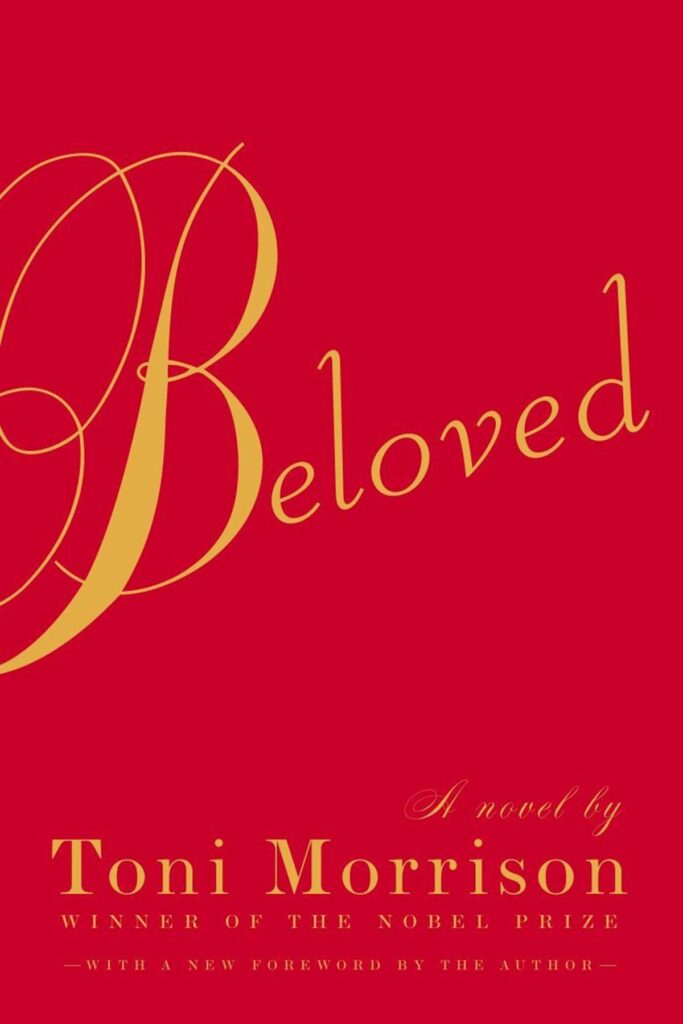
Toni Morrison will always be remembered for her endlessly impactful writing, but Beloved takes the cake. In this extraordinary masterwork, Morrison tells a penetrative tale about a formerly enslaved woman living near Cincinnati and raising her teenage daughter. Our heroine is also living with the ghost of her dead daughter, Beloved.
In many ways, this book is about the iniquities of American history and rising above all that holds you back, but there’s more to it than that. Due to its emotional power, the impact it historically has on its readers is deeply personal and immersive. The New Yorker has said, “There is something great in Beloved: a play of human voices, consciously exalted, perversely stressed, yet holding true. It gets you.”
Adding inspiration atop inspiration, Oprah wrote the foreword.
On Beauty, Zadie Smith
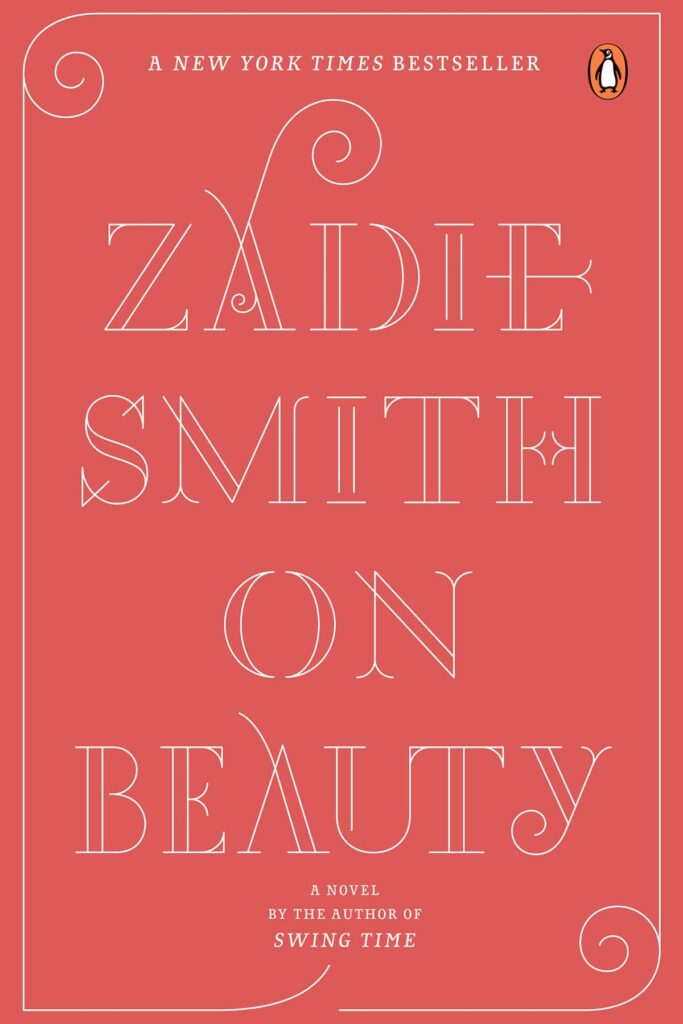
By 30, we’re still on the path of self-discovery, but with a tighter grip on where we’re at, where we’re going, and where we’ve been. Zadie Smith has been a writing legend since White Teeth debuted when she was just 25. But with age comes wisdom for all of us. Her third novel, On Beauty, is often deemed her most universal.
Here’s the story: two academically minded families on different sides of the Atlantic are brought together and pulled apart by rivalries, romantic entanglements, and a mutual love for a relatively unknown artist. Beneath all of the daily happenings, each character is wrestling with who they are, who they’ve been taught to be, and how to form their own definitions of beauty.
On Beauty encapsulates the tough choices we must make to become our better selves and most notably, how making those decisions are something we must always learn to do, no matter how old we get.
Persuasion, Jane Austen
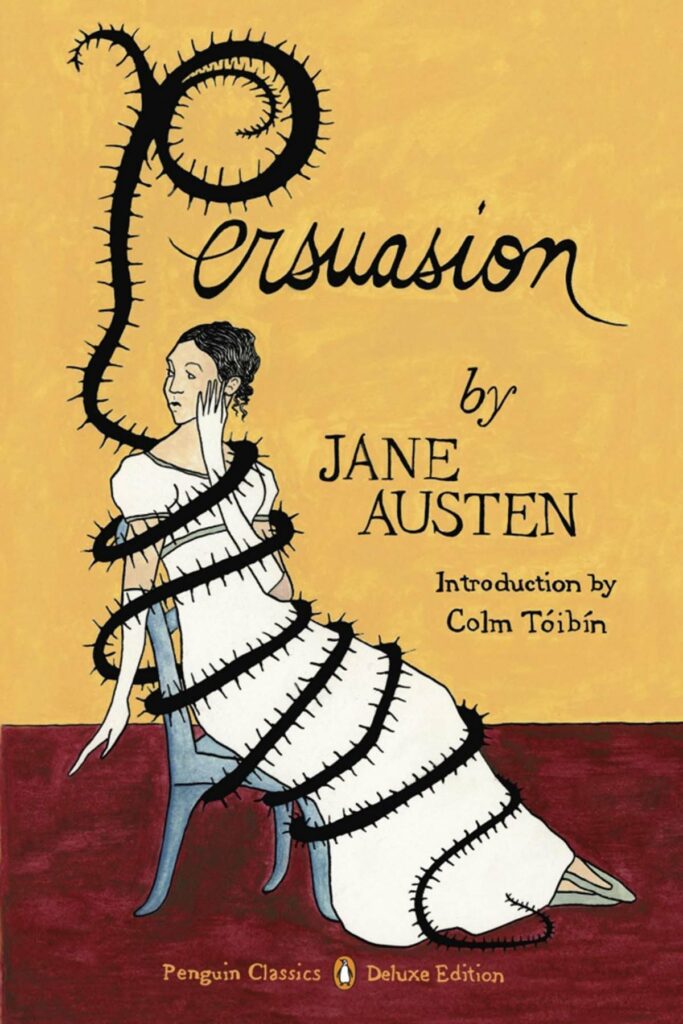
Austen’s final work, Persuasion is often considered her best. It’s about second chances, awakenings, and a reawakening. What could be more “I’m almost out of my twenties” than that?
This satire might be set in the mid-1800s, but its themes and stances are truly transcendent. The Huffington Post once called it a “quiet story of youthful impressionability, living with regret, and finding second chances, full of wisdom for those of us suffering life’s first knocks and looking back on our first big mistakes.”
Self Help, Lorrie Moore
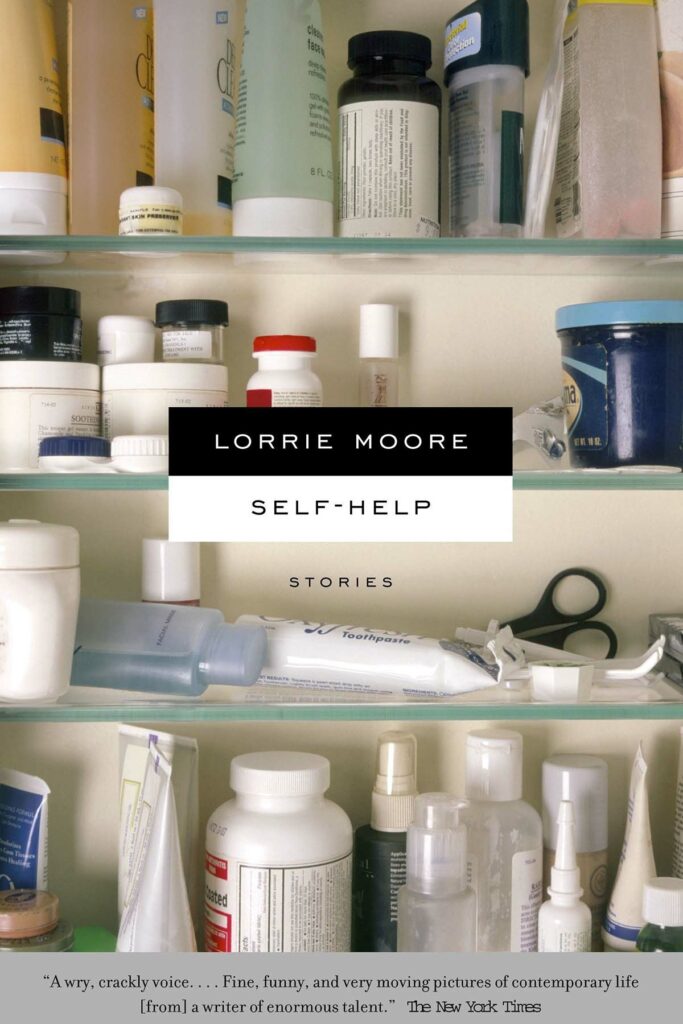
I first discovered Lorrie Moore in my 20s and I’d encourage all twenty-something women to do the same. All of her works from the ’80s or ’90s are remarkable, but nothing has profoundly touched more young women than her debut short story collection, Self-Help, from 1985. And I still can’t get enough of it.
It’s fast-paced, straightforward, self-deprecating, funny, and brimming with insight. Each story is told by a different young woman, but make no mistake, Moore is speaking directly to the twenty-something reader. Through this “How To” of sorts, these deceptively intimate and heart-wrenching glimpses will warn you of “what not to do” just as much as they’ll entice you to get up and do something right now.
Every time I reread Self Help, I’m enamored and fired up all over again. It’s a visceral slice of life from the female perspective.
I Know Why the Caged Bird Sings, Maya Angelou
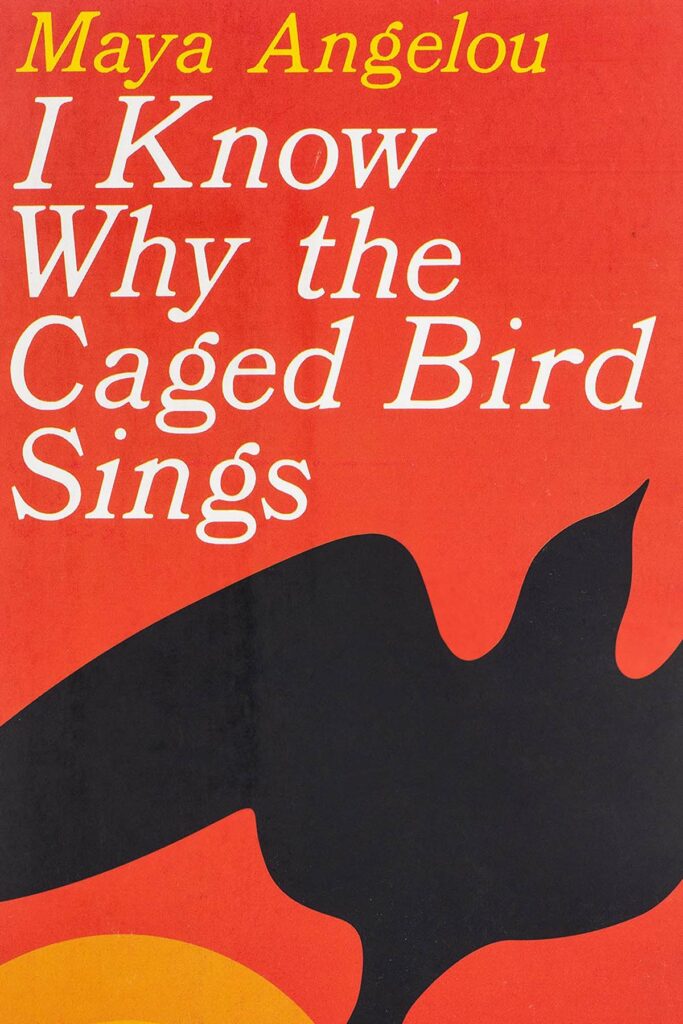
This 1969 autobiography recaptures the early years of famed writer Maya Angelou. While told in the voice of a child, she manages to cover every troubling adult topic you could think of as the modern American classic unfolds. Angelou also takes a razor-sharp look at women’s lives in a male-dominated society, which is particularly important to the book’s pulse.
Did I mention it’s loaded with some of the best life advice you’ll ever come by? I Know Why the Caged Bird Sings is heavily about growing up. In turn, it’s filled with the kind of truths you will never unsee once you see them.
Here’s a quote to get you started, “To be left alone on the tightrope of youthful unknowing is to experience the excruciating beauty of full freedom and the threat of eternal indecision. Few, if any, survive their teens. Most surrender to the vague but murderous pressure of adult conformity. It becomes easier to die and avoid conflict than to maintain a constant battle with the superior forces of maturity.”
The Joy Luck Club, Amy Tan
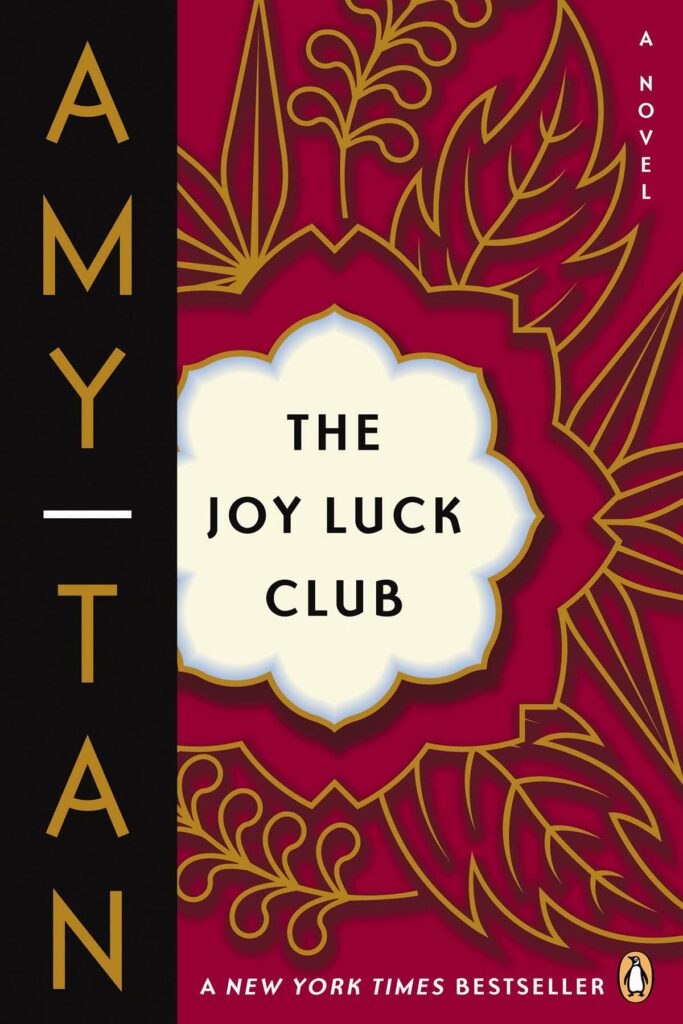
Like some of the other works on this list, you might’ve read this bestseller in college. The timing of that is no coincidence, my friend. In explorations of conditional and unconditional love, Amy Tan examines the deep, complex, and sometimes painful connection between mothers and daughters. She also looks at how those relationships evolve with time, both moment to moment and over four centuries.
Many who’ve read The Joy Luck Club call the experience “once in a lifetime.” But you’ll have to pick up a copy for yourself to see why. One of the biggest takeaways may be that life is repeatedly complicated; Just when we think we have everything figured out, that’s usually right before we realize that we absolutely do not.
I Feel Bad About My Neck, Nora Ephron
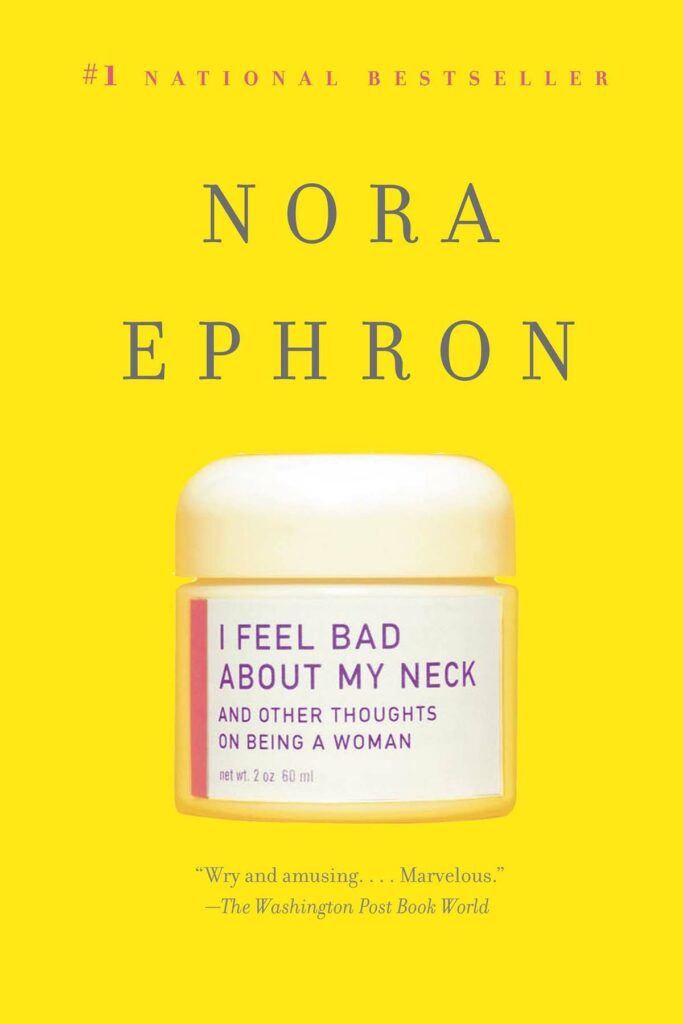
Aging is a beautiful thing, but some parts are certainly not fun or easy. Luckily, Nora Ephron is here to guide us. In this brilliant book of essays by one of the greatest love story writers of our time, the creator of Sleepless in Seattle and When Harry Met Sally dissects every aspect of aging, from motherhood to menopause to dying grey hairs that came out of nowhere to, as the title suggests, coping with neck wrinkles.
I Feel Bad About My Neck: And Other Thoughts on Being a Woman, is disarming, approachable, and painfully honest. Then, perhaps by magic, she somehow turns “dreaded moments” from her own journey into rites of passage worth looking forward to, and she does so with blistering wit.
A Room of One’s Own, Virginia Woolf
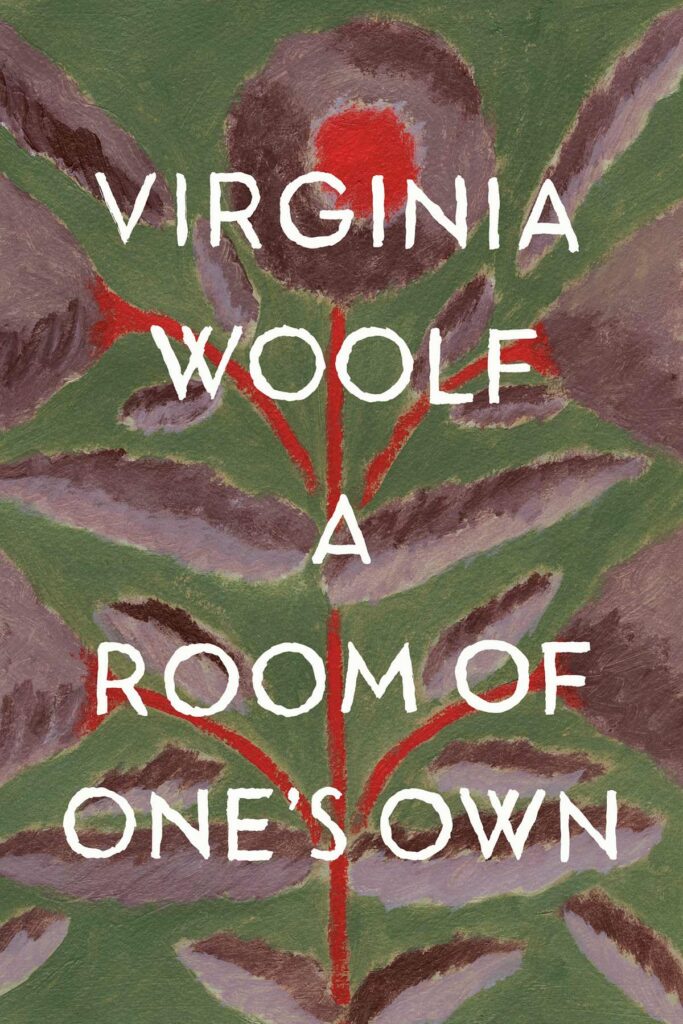
Technically, this is a very lengthy essay, but consider this little book a must-read before 30. Throughout her prolific career, Woolf addressed the status of women, particularly women in the arts. In what may be her most famous essay, she discusses why a woman needs her own money and “a room of one’s own” to write. And once you read it, I have no doubts you’ll agree.
From start to finish, Woolf unravels how centuries of prejudice, including financial and educational disadvantages, have inhibited women’s ability to fully flourish. Ultimately, this is a book about flourishing. And while it was written in the 1920s, the powerful points within still very much ring true, especially for those learning to stand firmly on their own two feet, no matter the cost.
Americanah, Chimamanda Ngozi Adichie
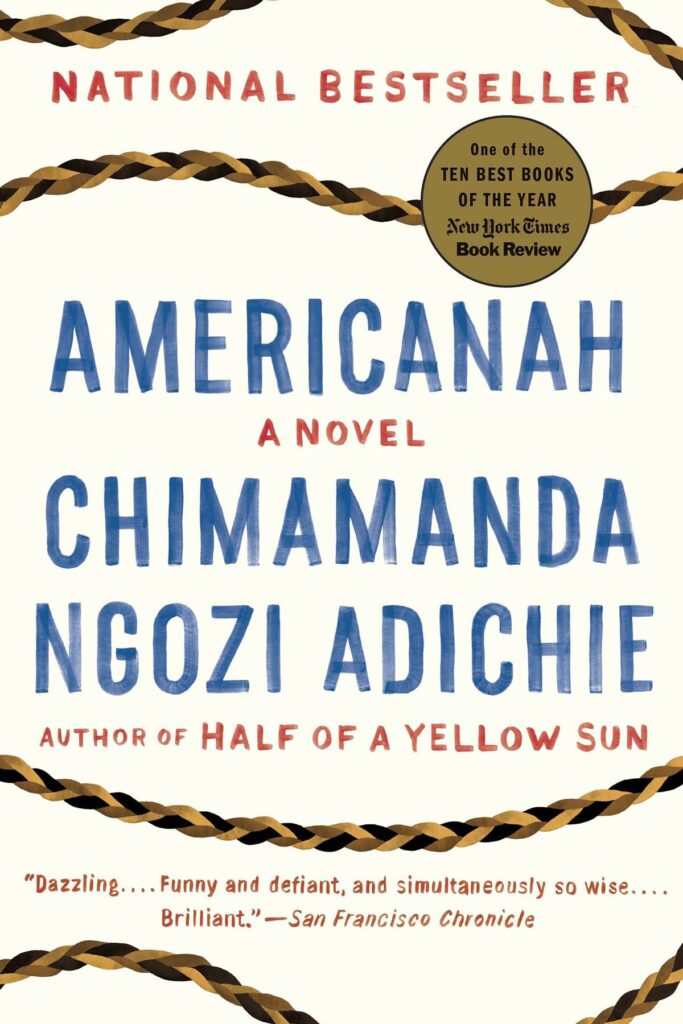
From the only writer with a TED talk sampled on a Beyoncé track, we’re given this powerful love story where the winding paths of its main characters unexpectedly diverge.
Centered around two college students, Nigerian-born Ifemelu and Obinze leave their homeland to avoid university strikes. One goes to the U.S., the other goes to London. We follow their separate journeys, but soon enough, Americanah becomes a much-needed mirror, reflecting on who we are no matter where we are, what happens when we move to a strange place, and how it feels to come home.
The Year of Magical Thinking, Joan Didion
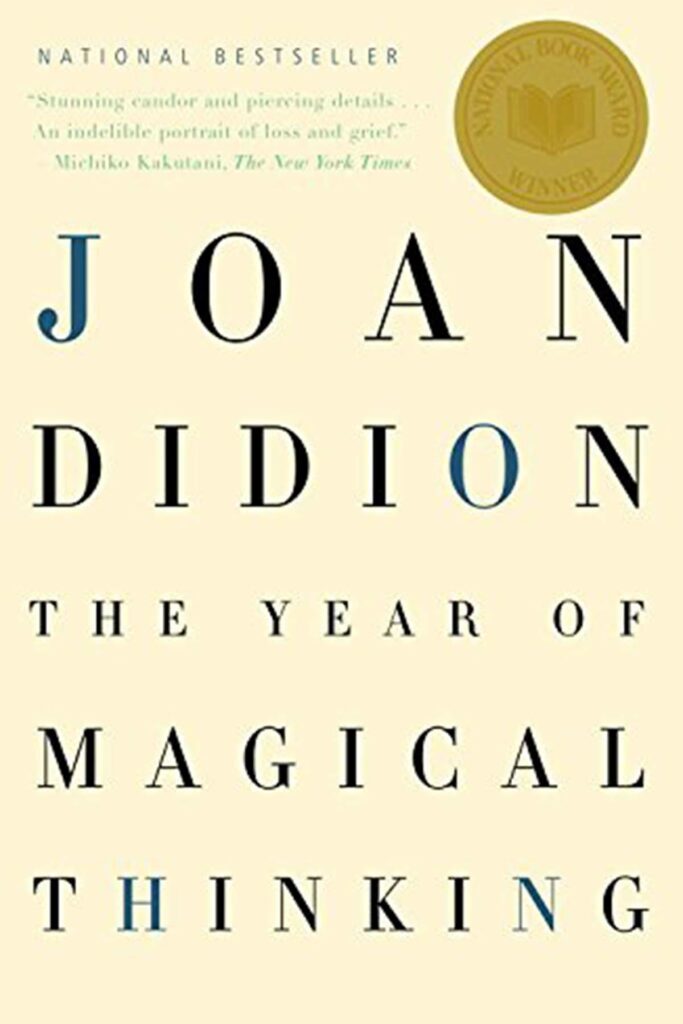
We all handle grief in our own ways, and in our own time. But some aspects of the grieving process intrinsically connect us all. Joan Didion’s globally celebrated memoir perhaps proves that best.
When we endure any loss, whether it be the death of a loved one, a breakup, or losing a job, we go through a grieving period, and for however long it takes. When Joan Didion’s husband died, she wrote about her own experience with grief. In this bestselling book, the iconic writer gives readers a means to cope, reflect, overcome some of their own grief, and adapt to life as we know it along with her. At its core, it’s about moving forward when we don’t know what’s next.
Heavily reflective and time jumping, it’s the perfect book for anyone feeling stuck, in a state of transition, or embarking on a new stage of life. While it might seem like a downer, it isn’t. Personal and universal, The Year of Magical Thinking is Didion’s journalistically minded attempt to make sense of death, ask questions about her own sanity, and roll with the lasting effects of life’s sudden punches.
This literary journey is kaleidoscopic, sharp, analytical, and emotionally searing. And while we’re taking full bodies of work into account, if there is one writer I’d recommend to all people, but especially women in their 20s, it’s Joan Didion. So get to reading.


